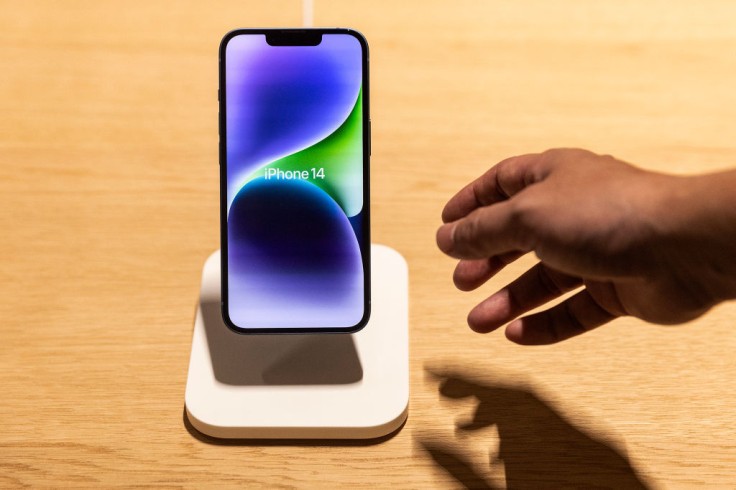
The European Union's push towards a universal charging standard is accelerating, prompting Apple to phase out its Lightning-equipped devices. The tech giant has begun removing these products from its inventory, starting with the iPhone SE and iPhone 14 series, to comply with EU regulations requiring USB-C ports for charging and data transfers by the end of the year.
Apple has ceased the availability of Lightning-equipped iPhones in its Swiss online store. Customers hoping to purchase the two-year-old devices for holiday savings will find that the iPhone 15 series now represents the entry point for Apple smartphones in Switzerland. This move underscores Apple's commitment to aligning with the EU's mandate.
EU's USB-C Standard Enforced
The European Union's legislation, which takes effect on December 28, mandates that all electronic devices sold in the region must feature USB-C ports to avoid fines. Apple's response has been swift, as evidenced by removing the iPhone SE and iPhone 14 series from its Swiss storefronts. According to reports from The Verge, the company discontinued the iPhone 14 Plus in the region.
While Apple's compliance is evident in Switzerland, Lightning-equipped devices remain available in other EU nations, such as France and Spain. These devices are still purchasable from their respective online stores, although customers in Switzerland can no longer complete transactions for these models.
Transition to USB-C Charging
Apple's adoption of USB-C marks a significant shift for the company. The iPhone 15 series, released in late 2023, was the first to fully integrate USB-C technology. This change aligns Apple with competitors who adopted the USB-C standard years earlier, enabling streamlined charging and data transfer across multiple devices, including MacBooks and Windows laptops.
The shift to USB-C has also introduced users to enhanced capabilities, such as faster charging and data transfer speeds. Notably, the USB 3.2 Gen 2x2 standard supports transfer speeds of up to 20Gbps when paired with compatible cables. This technological leap highlights the benefits of the universal standard, further justifying its adoption.
Market Impact
Apple's move to USB-C not only complies with EU regulations but also simplifies the user experience. By standardizing charging ports across its ecosystem, including the iPhone 14 series and iPhone 15 series, Apple ensures compatibility with a broader range of devices. Despite initially resisting the transition, the company has embraced the change, phasing out its proprietary Lightning technology in favor of the universal USB-C standard.
This pivotal shift represents a significant milestone for both Apple and the EU, as it moves closer to achieving a universal charging solution for electronic devices.









